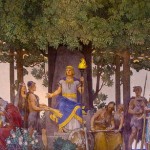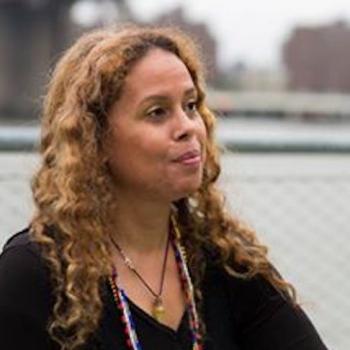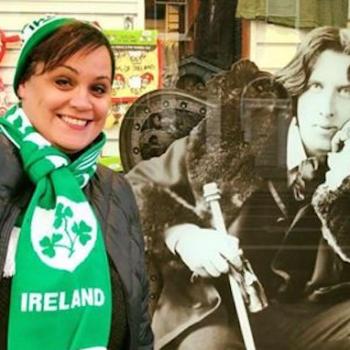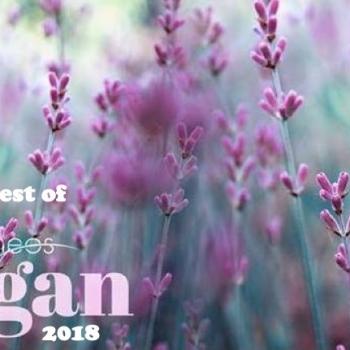In the blogosphere we often talk at each other instead of talking to each other. In order to facilitate better communication (and possibly because it’s fun) I like to round up as many Patheos Pagan writers as possible and have an actual conversation, one where we shoot ideas back and forth at each other.
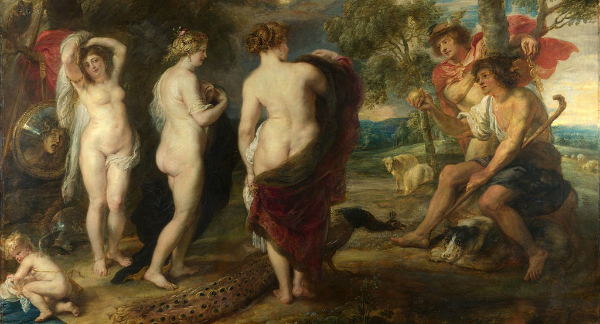
A few weeks ago some of us in the Patheos Pagan channel got together to discuss the future of Paganism, but due to space considerations some of that conversation ended up on the cutting room floor. One piece that ended up on the cutting room floor was about Druids and Wiccans, this bit about Paganism as a spiritual identity or social grouping I also found worth sharing.
I plan on doing more of these conversations in the future, if you’d like to be included sometime send me a message.
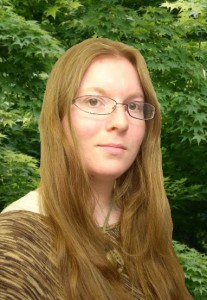
Jason Mankey (Raise the Horns): Is Paganism the name of a Spiritual Identity or is it just a very broad sort of Social Grouping?
Rua Lupa (Paths Through the Forest): It may have begun as a Spiritual Identity, but it appears to have evolved into a broad sort of Social Grouping out of necessity.
David Dashifen Kees (Editor at Agora): Both.
Laine DeLaney[/caption]Laine DeLaney (The Lady’s Quill) That’s a question I’ve been asking myself for a year now. I don’t think that it’s a spiritual identity, because there are not enough common threads between individual traditions. Right now I’m leaning towards very loose social grouping.
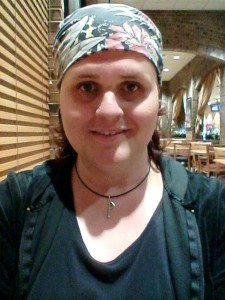
Molly Khan (Heathen at Heart): For me, it has been more of a social grouping. My spiritual identity is very much rooted in the Germanic tribes, hence Heathenry as my spiritual identity. But while I don’t tend to get a lot out of other Pagan rituals, I love to hang around with other Pagans.
Jason Mankey: I used to believe it was a religious path, these days I’m less sure. I still see it that way for the majority of folks who use the term, that there’s enough to link us together and that most of us are questing towards some higher power (whether that’s the Earth, the gods, ancestors, etc) . . . . .
Sable Aradia (Between The Shadows): I think it is a faith grouping. Though if you wanted me to list the points that make it Pagan or not-Pagan, I would be hard pressed to do that. Still, I recognize it when I see it, and I think others do too.
Laine DeLaney: Again, without a solid definition there’s no way to make a solid statement in either direction. And I’ve never seen a definition I’ve fully agreed with.
Molly Khan: Jason, I think there’s plenty to link us together, especially if we’re not expecting one thing to link all of us, but allow it to look more like a web. But for me, those links are more social than spiritual; though that’s not to say they’re not at all spiritual.
Annika Mongan (Born Again Witch): That’s a great question. It depends on if I am using my inside voice or my outside voice. In other words, on the inside, we’re more like a social grouping with a lot of different spiritual identities. So the tent is like Pantheacon, where we can all have our own rituals and practices and visit each other. To the outside, however, we have more of a common spiritual identity when we are compared to the other big religions.
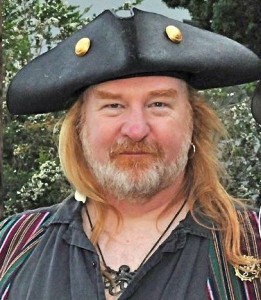
Angus McMahan (Ask Angus): Regarding Jason’s question: My focus just isn’t that broad. Right now my group is doing a Beach Clean Up on Saturday, and then is cleaning out our shed of ritual props on Sunday. In between I’ll be helping write our Samhain Ritual. That’s where my energy goes: Towards helping beginners and open-minded occult practitioners of all stripes.
Tom Swiss (The Zen Pagan): Paganism refers to a wide variety of spiritual paths, I think. I’m interested in finding the common attributes (which I would say are deeply valuing nature and practicing ritual magic) and using them to build something new for the future (to perhaps bend us back towards that topic smile emoticon ). I respect reconstructionalists but see them largely as sources to steal from. smile emoticon
Yvonne Aburrow (Dowsing For Divinity): I think Paganism is a movement
Sable Aradia: I can’t figure out a way to say this that won’t piss people off, but American politics may be influencing Pagan politics in the blogosphere. It’s so camp-based. You’re right wing or left wing, and if you’re a member of one camp you have to hate everything the other camp does. I don’t find this as true of Canadian politics (though our Prime Minster sure wants it that way) or Canadian Paganism. Yvonne, do you have similar observations about the UK compared to the US?
Laine DeLaney: Sable, I definitely agree there, for the US.
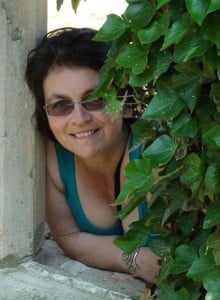
Yvonne Aburrow: Yes we have more than 2 political parties
David Dashifen Kees: Sable – yes!
Molly Khan: Sable, I absolutely see that. I hate the idea so prevalent in online Heathenry that one can’t be both Pagan and Heathen,for instance.
Yvonne Aburrow: Still baffled by right wing Pagans
Jason Mankey: In the US it’s probably easier to find a camp . . . 36 million versus 350 million people
Molly Khan: Yvonne: there’s a fair few of them here in the Midwest. We tend to disagree, but they’re still awesome people and good Pagans and Heathens.
Annika Mongan: There’s something to this being an American phenomenon though. The culture is different. There is less tribalism like ours in Germany too, from my experience.
Gwion Raven: Jason and I were discussing a creeping fear of “fundamentlism” within paganism. I think that’s where some of the divide comes in and is mirrored by the political system. You are wither this or not this. It’s tough to be both, I tend to be both in a lot of areas.
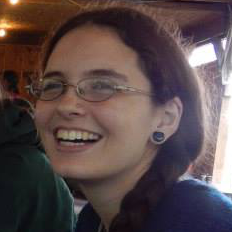
Jason Mankey: I don’t like thinking in absolutes. Ultimately I don’t know the exact nature of deity.
Rua Lupa: I agree with Annika’s answer to the Pagan Spiritual Identity VS Grouping question. It depends on the perspective, inside its diverse, outside it looks to be one group. But I think that means there needs to be more public education because there a more theological differences within Paganism than there is within Christianity.
Sable Aradia:: Sspot on about theological variety.
Annika Mongan: Is fundamentalism avoidable or does it just eventually happen when a religion grows?
Laine DeLaney: Fundamentalism already exists internally in a lot of Pagan sects. Thank heavens we haven’t had a Heathen Nicean council yet.
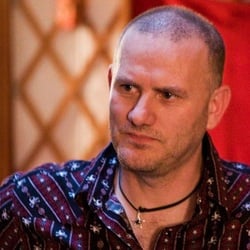
Yvonne Aburrow: Diaspora effect comes into play. In the US, you find it hard to engage with land spirits because of fears of cultural appropriation. You also tend to over focus on your ethnic roots.
In US Wicca, there is a big focus on orthopraxy and doing it by the book, which we don’t have in the UK. Wicca started here do we are more relaxed about changing things.
Molly Khan: In a lot of ways, I think Heathenry is sort of a microcosm for the general trend in Paganism. The past few years, the trend towards fundamentalism has exploded in online Heathenry. There are whole groups out there that will tell you I am not and can’t possibly be an actual Heathen because *list of minor practices and disagreements*. I am so hoping that this is a passing trend, and that as a community we will be able to recover from it.
Yvonne Aburrow: Theology should always be discursive and provisional.
Sable Aradia: Some people like fundamentalism. I think it’s fine as an option, though it’s not my way. We just can’t let someone who “knows the truth” and knows that everyone else is wrong run the show.
Annika Mongan: Again, I think it has to do with certainty.
Rua Lupa: I like Tom’s definition of Pagan “deeply valuing nature and practicing ritual magic” Though I’d fall out of that definition since I don’t believe in magic, but I do believe rituals are beneficial to the human psyche and community building.
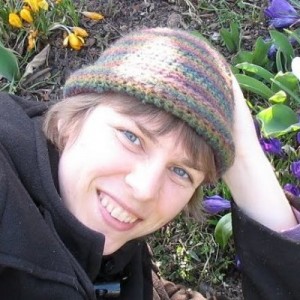
Annika Mongan: Fundamentalism provides a level of safety. The boundaries are clear. The rules are spelled out. What feels like a prison to most of us, is a safe haven against the terrors for the world for those who need that level of certainty.
Yvonne Aburrow: Spot on Annika.
Laine DeLaney: Yes, if thinking is too hard there’s always fundamentalism to fall back on, which replaces questioning with immutable answers.
Diane Morrison: I argued that a certain degree of uncertainty is necessary for Paganism; that’s it’s one of our core philosophies. So perhaps too much fundamentalism *is* something else.
Dana Corby (The Rantin Raven): Gwion — I think you’ve hit on the biggest difference between my newbie days and now: everything has gotten so rigid! We didn’t used to think or speak in terms or either/or but in terms of both/and. It was considered a mark of the wisdom a Witch aspired to, to have a flexible reality-construct.
Angus McMahan: If I wanted a revealed religion, I would have stayed Lutheran.



